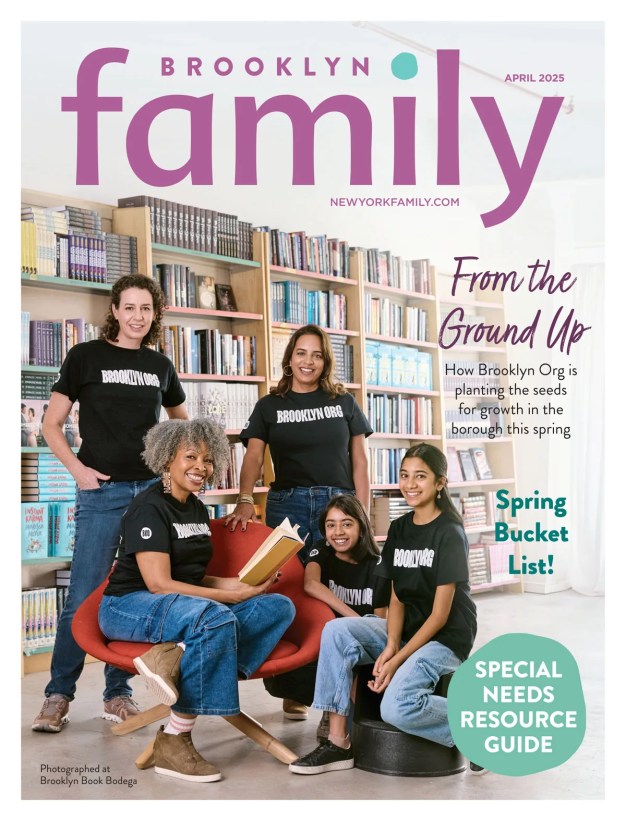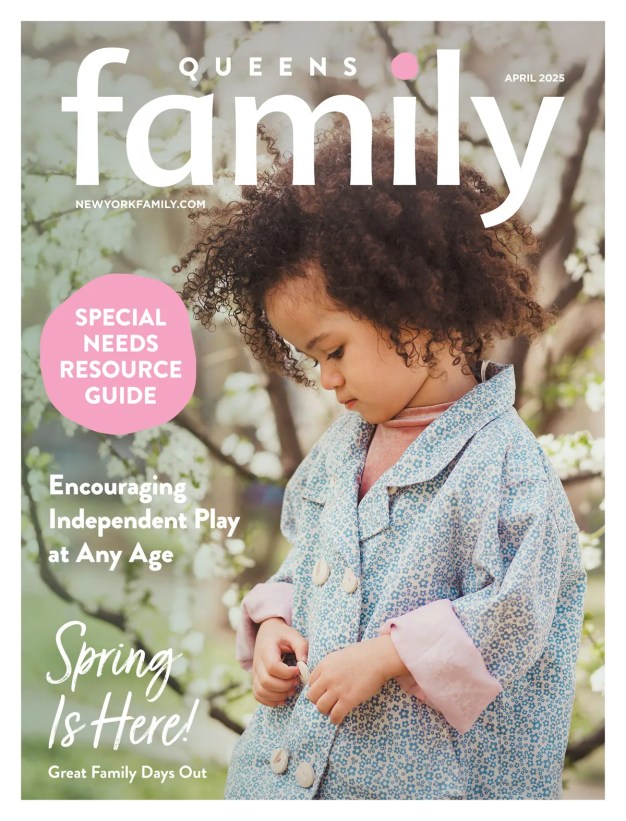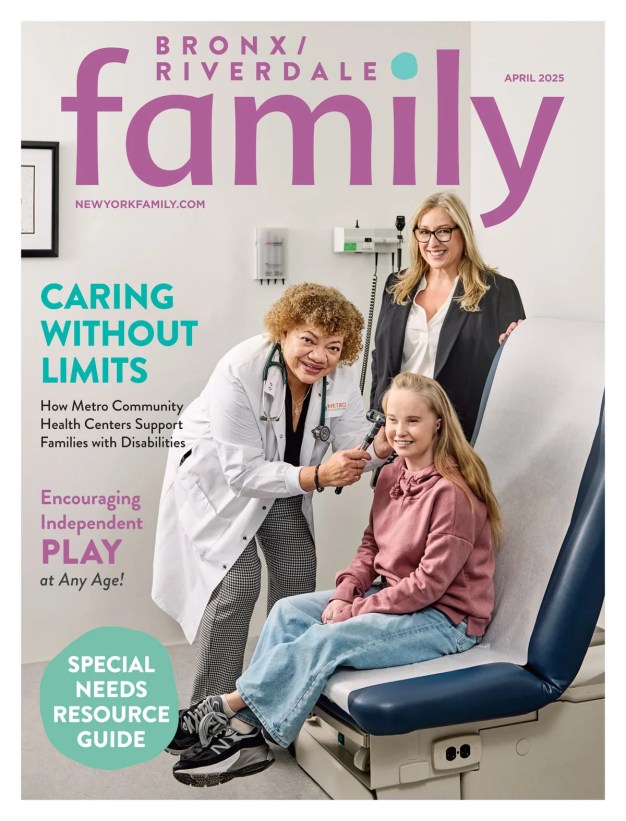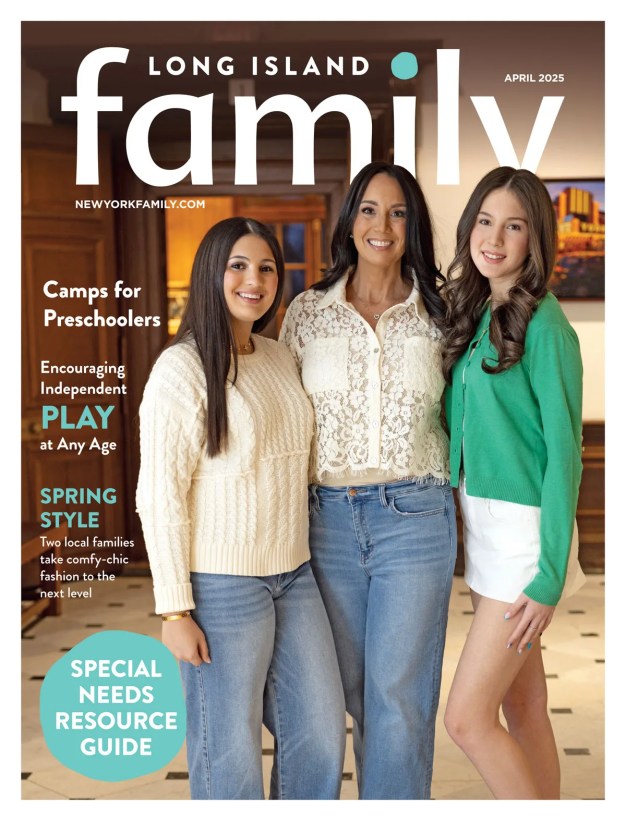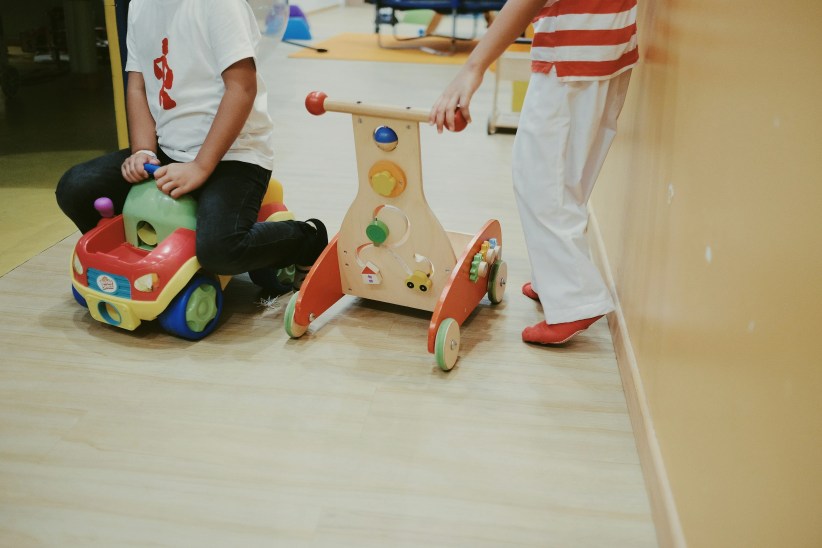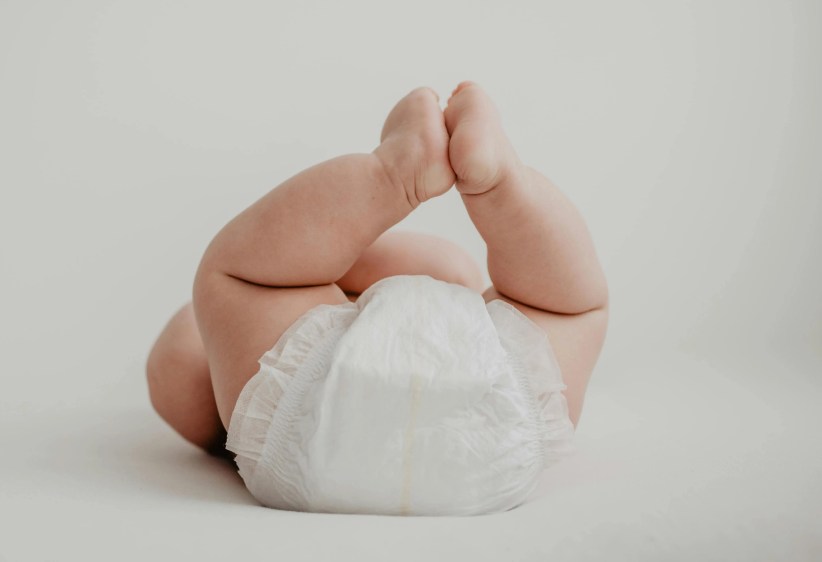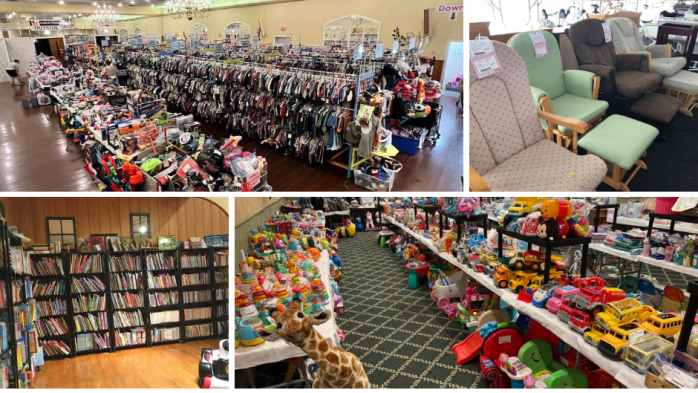“Is my baby safe?” “Will she develop normally?” “Is she eating enough or too much0?” “Is she happy?” “Is she getting the stimulation she needs?” “Is she on the correct schedule?” “What about preschool?” “Are other parents judging my parenting style?” “Am I good parent?”
Parents have always worried about their children, but these days it seems that parents are having more sleepless nights—and not just because their baby is teething. Worrying comes with being a parent, but in today’s hyper competitive world, the pressures to be a perfect mother or father and raise the perfect child have become epidemic. Sally Tannen, director of 92Y’s Parenting Center, weighs in.
[gravityform id=”13″ title=”false” description=”false” ajax=”true”]
How much worry is too much worry?
All parents, especially new and first-time parents, worry to an extent; it’s a natural and an unavoidable part of raising kids. But if you’re finding that worry has become all-consuming and you’re constantly anxious about every aspect of parenting, that’s a problem—one that not only impacts you and your life, but potentially your child as well, because all children, even babies, pick up emotional cues from their parents.
Self-awareness is key
Life is busy—especially for parents—and to some degree we’re all on autopilot. People experience anxiety in different ways—from physical sensations like a racing heart or a pit in the stomach to repetitive thought patterns and anticipating and imagining bad situations that haven’t even happened. We may be experiencing these sensations and not even be aware they can be connected to anxiety. So, do yourself a favor: Take a moment or two each day to reflect and get in touch with what you’re feeling and why.
Okay, I think worrying really is a problem for me. What should I do?
As a new parent, it’s important to realize that you are not alone. If you find yourself struggling with anxiety, don’t be afraid to talk about how you feel and reach out, whether it’s to your partner, friends or other parents. Share what you’re experiencing with your pediatrician, OB or doctor. If necessary, seek professional help. Let close friends and family know you are struggling and let them help you. Think of specific ways they could be helpful—whether it’s babysitting, running errands, making dinner, or simply checking in with you and taking a walk. Grandparents, in particular, can provide invaluable support; but sometimes they can make assumptions about ways they can help that end up not being helpful, especially in the beginning with a new baby. Figure out what you need from them and communicate in a straightforward and honest way. You and your partner might also need to set a few sensible boundaries around when friends and family come to visit. For example, you can tell them they can come at 2 pm and stay for an hour. You can also make it a rule that anyone who comes over can bring dinner, dessert, a magazine, whatever might be helpful.
What are some other tips for coping?
Parenting is an art, not a science. Try not to spend too much time on social media—everyone looks happy and acts as if life is perfect when it’s not! Learn to recognize what you can control and what you can’t. Act to fix problems that can be fixed and don’t obsess over ones that can’t. There’s a wonderful acronym, NURSE. Incorporating these five things into your daily life will help prevent feelings of sadness and anxiety:
Nutrition—Eat healthy meals and snacks
Understand your risks for depression and anxiety (up to 1 in 6 women will experience postpartum depression/anxiety, making it the most common postpartum obstetrical complication)
Rest when you can, however you can (it might mean simply sitting down instead of doing dishes)
Socialize—Get out and connect with others.
Exercise—Take a walk, do 30 seconds of pushups on your wall or lunges as you walk to your kitchen to get something for your kids.
Above all, it’s important not to ignore your feelings, and to take care of yourself. For many people, anxiety is temporary; if it isn’t, seek the help of a therapist or doctor. Either way, get the support you need. You deserve it … and so does your child!
Director of 92Y’s Parenting Center and Grandparents Center, Sally Tannen has been supporting parents of young children, building community, and creating and offering activities and classes for babies, kids, parents and grandparents for thousands of NYC families for more than 25 years. A mother of four and grandmother of three, Sally’s personal experience continues to enrich and inform her work. Learn more at 92y.org!

